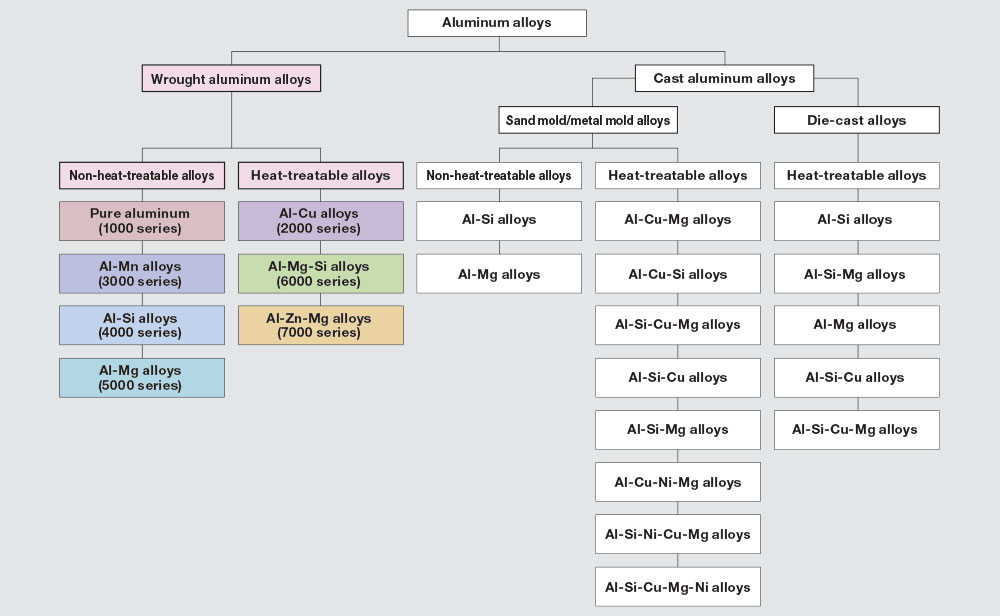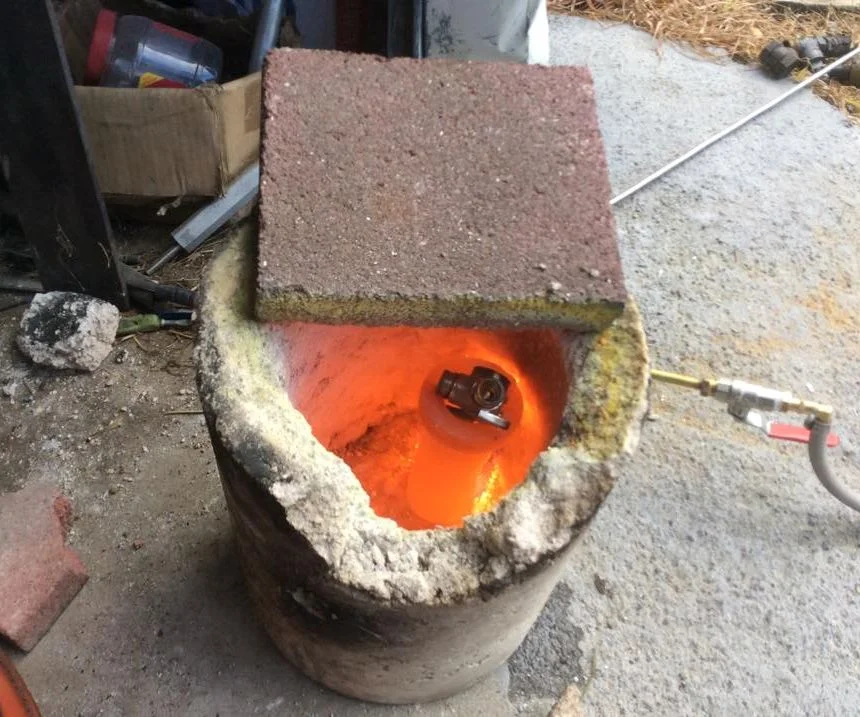Alcast Company - An Overview
Table of ContentsAlcast Company Can Be Fun For EveryoneSee This Report about Alcast CompanyThe 10-Minute Rule for Alcast CompanyThe Only Guide to Alcast CompanyAlcast Company for DummiesAlcast Company Fundamentals Explained
The subtle distinction depends on the chemical content. Chemical Comparison of Cast Aluminum Alloys Silicon advertises castability by lowering the alloy's melting temperature level and improving fluidness throughout spreading. It plays a vital function in allowing detailed mold and mildews to be filled up accurately. Furthermore, silicon adds to the alloy's stamina and use resistance, making it beneficial in applications where resilience is vital, such as automobile components and engine components.It likewise boosts the machinability of the alloy, making it simpler to process into completed items. In this means, iron adds to the overall workability of aluminum alloys.
Manganese contributes to the toughness of aluminum alloys and improves workability (Aluminum Casting). It is commonly utilized in wrought light weight aluminum products like sheets, extrusions, and profiles. The existence of manganese help in the alloy's formability and resistance to cracking during construction processes. Magnesium is a lightweight component that supplies stamina and impact resistance to light weight aluminum alloys.
About Alcast Company
Zinc boosts the castability of light weight aluminum alloys and assists regulate the solidification process throughout spreading. It boosts the alloy's strength and hardness.

The key thermal conductivity, tensile strength, yield stamina, and prolongation vary. Select suitable raw materials according to the performance of the target product generated. Amongst the above alloys, A356 has the highest possible thermal conductivity, and A380 and ADC12 have the most affordable. The tensile limitation is the contrary. A360 has the ideal return toughness and the highest elongation rate.
The Basic Principles Of Alcast Company

In accuracy spreading, 6063 is appropriate for applications where intricate geometries and premium surface area finishes are extremely important. Instances consist of telecommunication enclosures, where the alloy's Visit Website exceptional formability enables smooth and cosmetically pleasing designs while keeping architectural honesty. Similarly, in the Lights Solutions market, precision-cast 6063 elements produce classy and effective illumination components that call for elaborate forms and excellent thermal efficiency.
The A360 displays remarkable elongation, making it perfect for complicated and thin-walled components. In accuracy spreading applications, A360 is well-suited for markets such as Customer Electronic Devices, Telecommunication, and Power Devices.
Rumored Buzz on Alcast Company
Its unique homes make A360 a beneficial selection for accuracy spreading in these markets, improving product longevity and quality. Aluminum alloy 380, or A380, is an extensively utilized spreading alloy with a number of distinct attributes. It supplies excellent castability, making it a perfect option for precision casting. A380 displays excellent fluidness when molten, guaranteeing complex and comprehensive molds are precisely duplicated.
In accuracy spreading, light weight aluminum 413 radiates in the Consumer Electronics and Power Devices markets. This alloy's premium deterioration resistance makes it an exceptional option for exterior applications, making sure long-lasting, sturdy items in the pointed out markets.
A Biased View of Alcast Company
The aluminum alloy you pick will substantially affect both the spreading process and the residential properties of the final product. Due to the fact that of this, you need to make your decision meticulously and take an informed approach.
Figuring out the most suitable aluminum alloy for your application will imply considering a wide array of attributes. These comparative alloy qualities adhere to the North American Die Spreading Organization's standards, and we've separated them right into 2 groups. The very first group addresses alloy qualities that affect the manufacturing process. The second covers characteristics affecting the homes of the final product.
9 Simple Techniques For Alcast Company
The alloy you pick for die casting directly influences a number of elements of the casting process, like just how very easy the alloy is to collaborate with and if it is vulnerable to casting flaws. Warm cracking, likewise called solidification cracking, is a regular die spreading defect for light weight aluminum alloys that can result in internal or surface-level splits or fractures.
Particular aluminum alloys are extra vulnerable to hot breaking than others, and your selection must consider this. Another typical flaw discovered in the die spreading of light weight aluminum is die soldering, which is when the actors stays with the die wall surfaces and makes ejection hard. It can damage both the actors and the die, so you should search for alloys with high anti-soldering buildings.
Corrosion resistance, which is currently a notable attribute of aluminum, can differ considerably from alloy to alloy and is a vital characteristic to take into consideration depending on the ecological problems your product will be subjected to (Foundry). Use resistance is another home commonly sought in aluminum products and can set apart some alloys